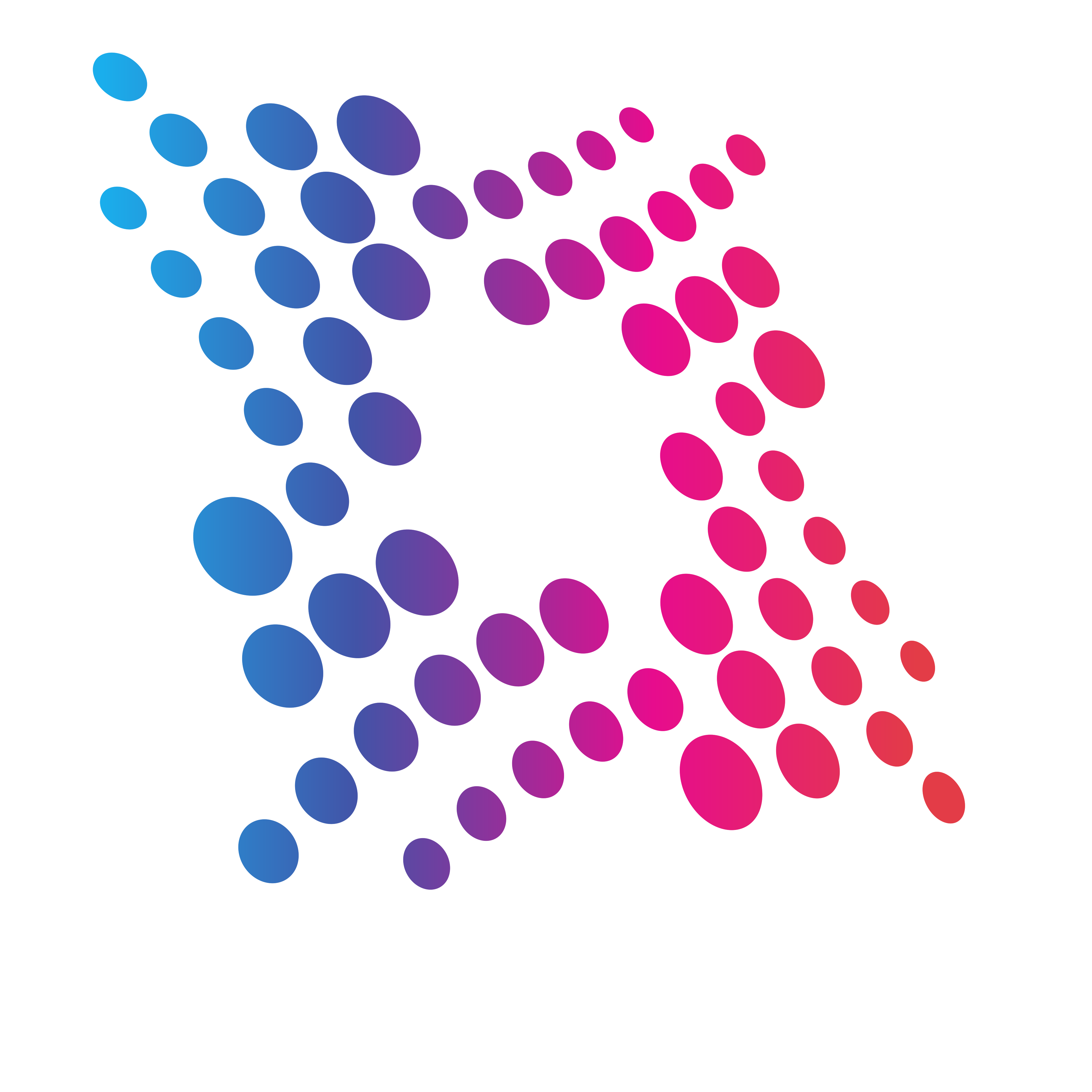Intelligence expands through collaboration. Every doctor, artist, engineer, historian, and community member can train their own expert models, each fluent in its domain. Imagine a collective intelligence with your family's stories, everyone's memories of hometown, and the knowledge of every expert in your profession, everything preserved as your own intelligence that knows your world. The Open Intelligence Protocol brings together and merges the learned weights of each shared model into a common intelligence standard while keeping the original data private and culture intact, forming a living mind that grows smarter with every shared understanding. Each model trained on a unique dataset becomes a domain-specific expert and every merge becomes part of an open collective superintelligence. Every merge preserves what is unique and amplifies what is shared, weaving a distributed intelligence that reflects the full spectrum of human knowledge and values. The result is a new cognition — sovereign and continuously evolving — cultural memory becomes computational memory and local understanding becomes global insight. Superintelligence will not be built by corporations in isolation. It will emerge from people creating and sharing their own intelligence with the rest of the world, through the union of countless intelligences trained on what matters most to the people who made them.
Connect with shared protocol.

